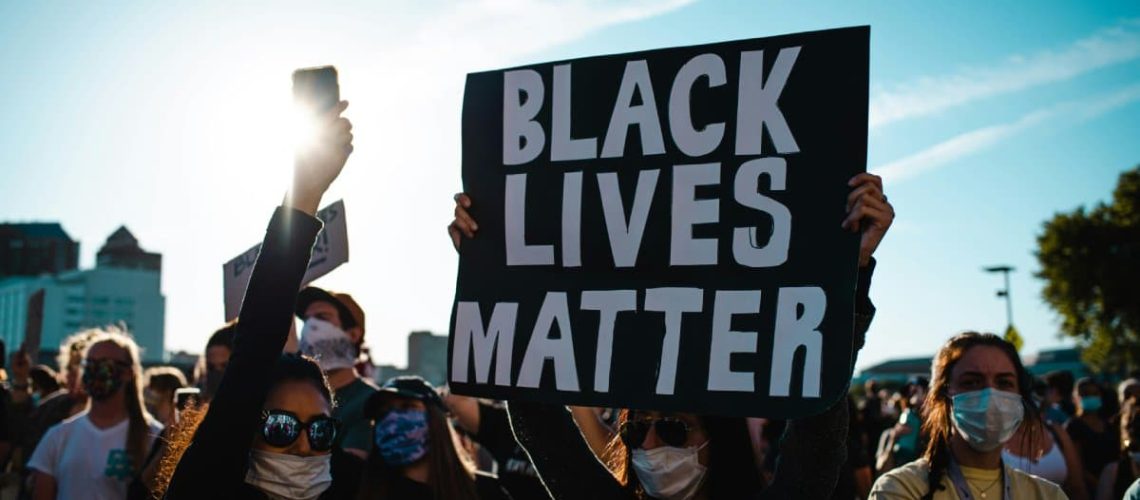Racial tensions in America are as pronounced as ever, manifesting in a variety of ways that affect every aspect of society. From high-profile police shootings to systemic injustices, the complexities of race relations in the U.S. demand urgent attention and understanding.
Roots of Racial Tension
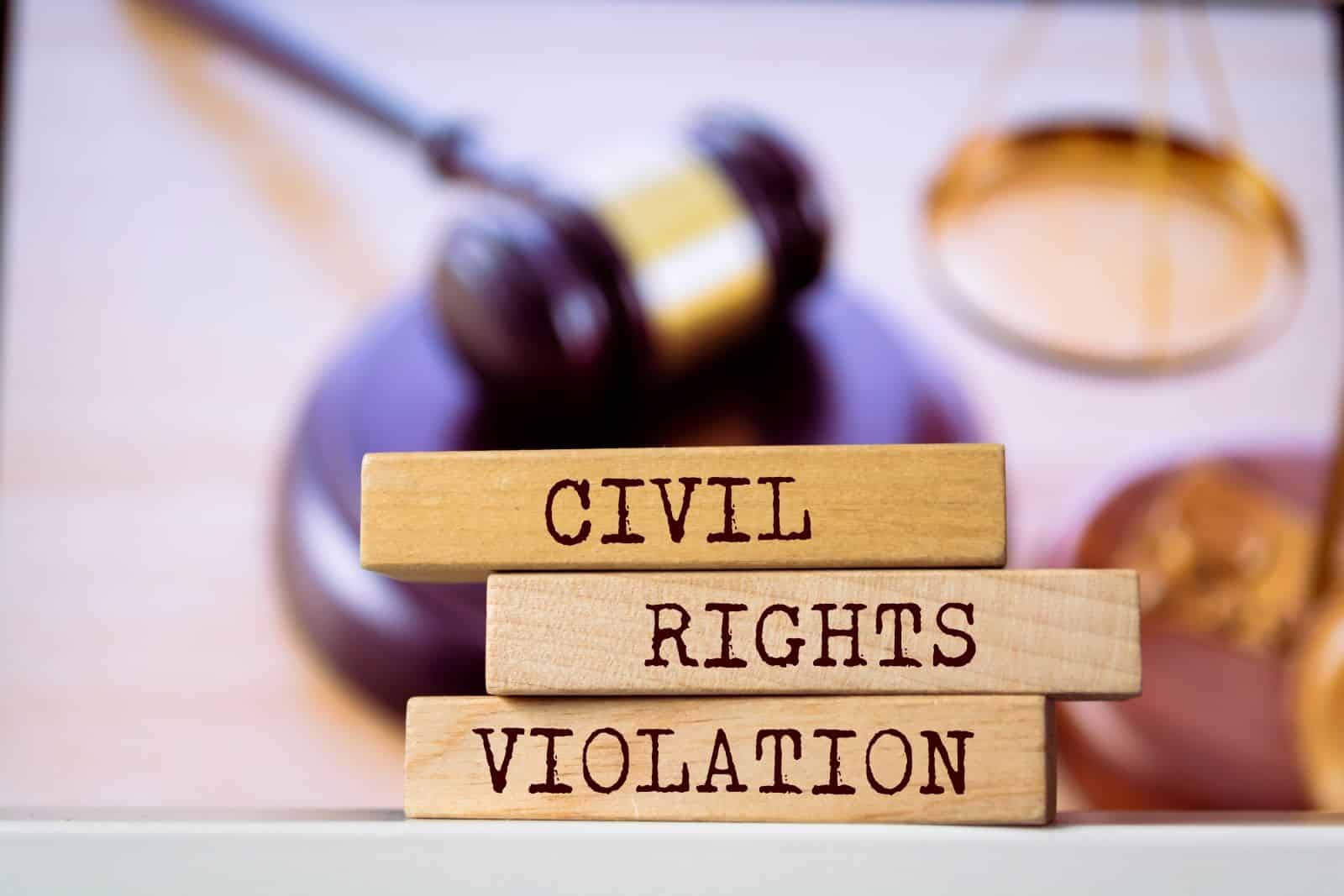
America’s racial tensions are deeply rooted in history, from slavery and segregation to the civil rights movement. As writer William Faulkner famously said, “The past is not dead; it’s not even past,” highlighting the persistent influence of history on current racial dynamics.
The Police and Communities of Color
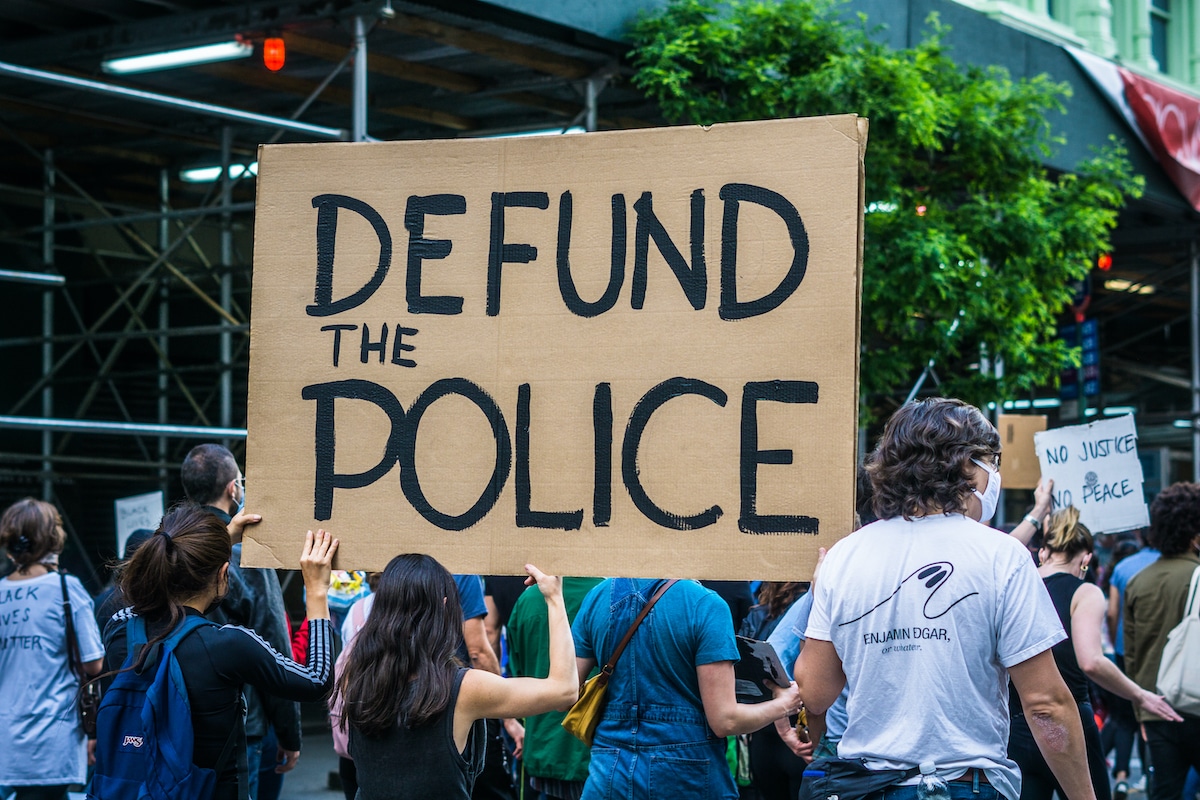
The deaths of George Floyd, Breonna Taylor, and most recently, Tyre Nichols, have highlighted systemic issues within law enforcement and have led to nationwide protests demanding reform. These high-profile cases of police violence against African Americans have strained relations between law enforcement and communities of color.
The Wealth Gap
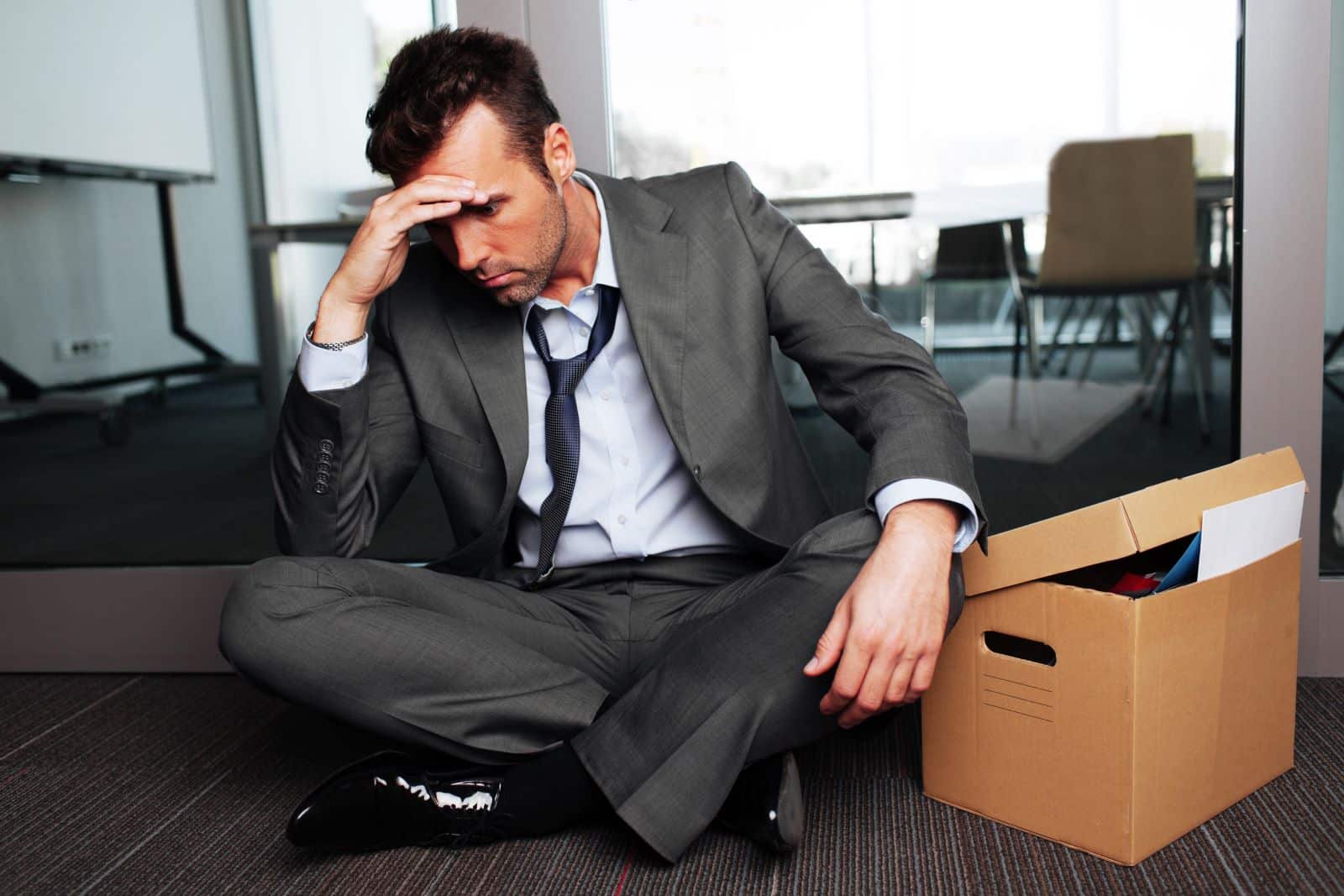
Racial economic disparities persist, with minorities often facing higher poverty rates and lower income levels. “Economic inequality is a pervasive issue that affects minorities disproportionately,” notes economist Thomas Shapiro. The COVID-19 pandemic further exacerbated these inequalities, with minority communities experiencing higher unemployment rates.
Education Inequality

Educational opportunities remain unequal, with underfunded schools in minority neighborhoods lacking resources and support. The quality of education varies significantly depending on zip codes, perpetuating cycles of poverty and limiting upward mobility for many African American and Hispanic students.
Health Care Disparities

Minority groups often face barriers to accessing quality healthcare, leading to disparities in health outcomes and life expectancy. The COVID-19 pandemic exposed these inequalities, as African Americans and Latinos suffered disproportionately from the virus. “Health inequality is a reflection of broader systemic issues,” says Dr. Camara Jones, an expert in public health.
Voter Suppression
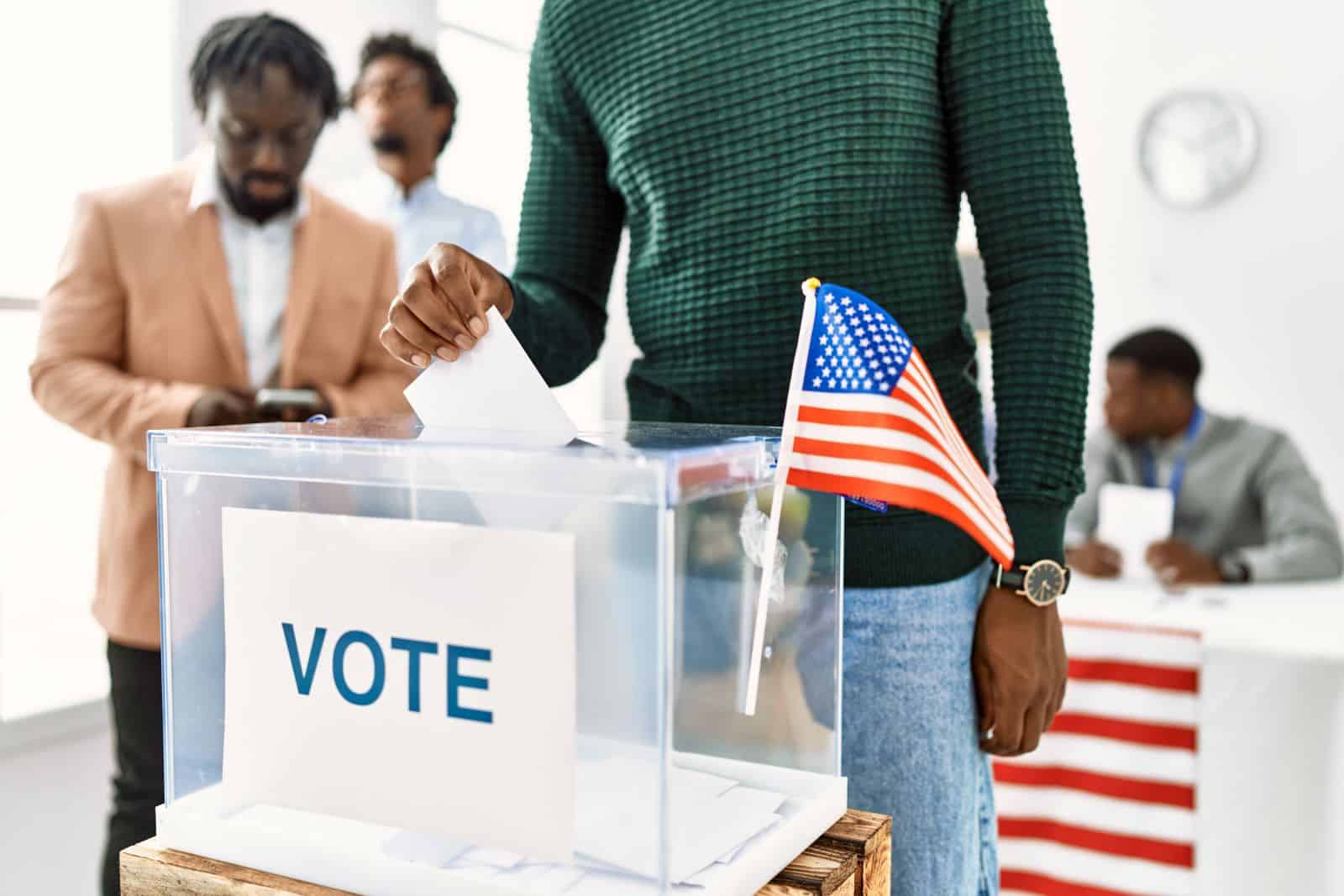
Efforts to suppress minority voting have intensified, with restrictive laws disproportionately impacting communities of color. The struggle for equal voting rights continues, as seen in states like Georgia, where new legislation has been criticized for disenfranchising minority voters.
The Media’s Role

Media coverage often influences public perceptions of race. The recent coverage of protests and police violence highlights the need for responsible reporting that accurately reflects the struggles of ethnic minorities in America.
Social Media

Social media platforms have become both a tool for activism and a space for spreading misinformation, often exacerbating racial tensions. “Social media can be a double-edged sword in the fight for racial justice,” states activist DeRay Mckesson. The viral spread of videos capturing racial incidents has sparked both outrage and dialogue.
Immigration Debate

Immigration policies and debates frequently intersect with racial issues, affecting how immigrants and minorities are perceived and treated in America. The treatment of Haitian migrants at the U.S.-Mexico border in 2021 drew criticism and highlighted racial biases within immigration enforcement.
The Criminal Justice System
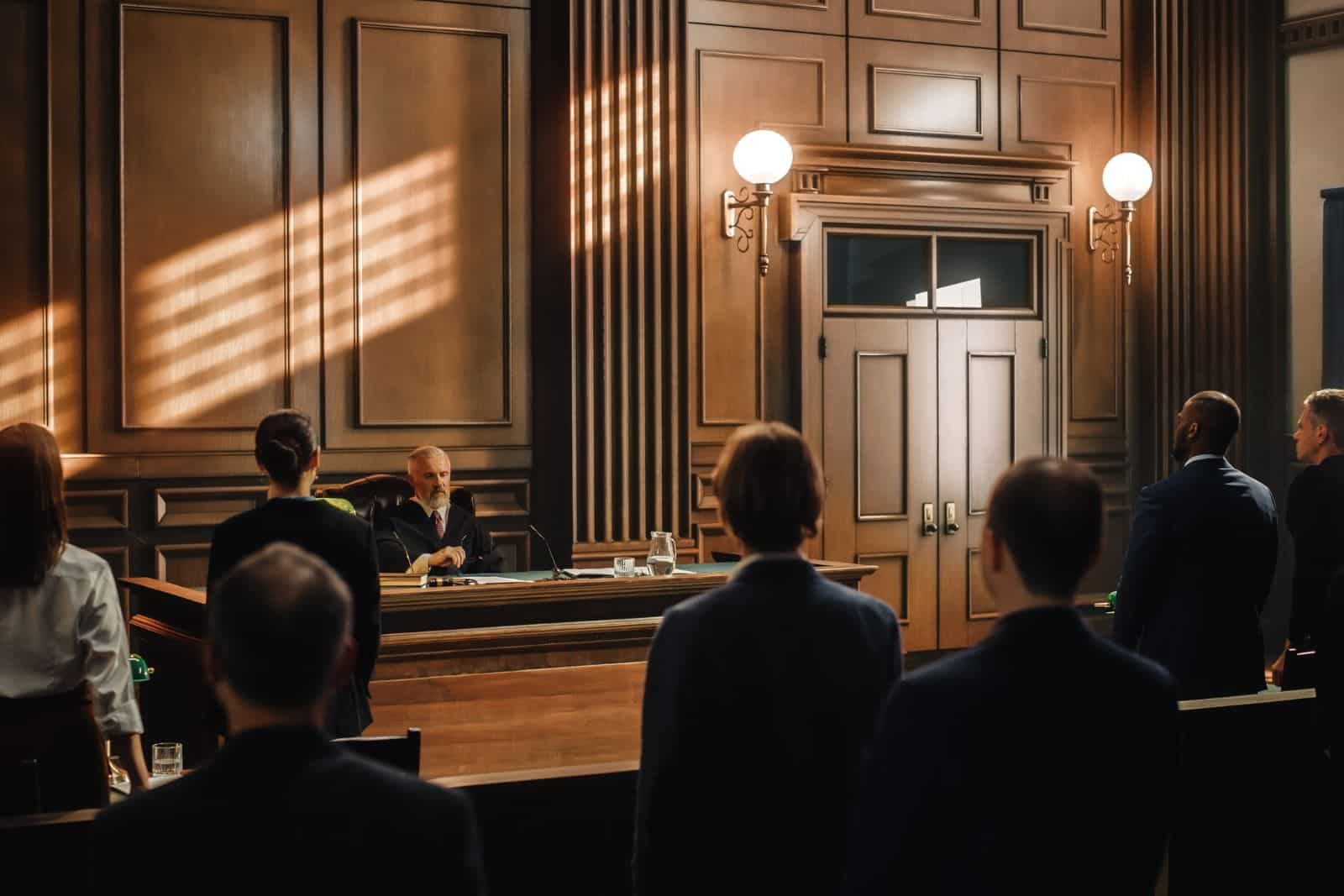
The criminal justice system is often criticized for its racial biases, with minorities facing harsher sentences and higher incarceration rates. The case of Julius Jones, whose death sentence was commuted in 2021, highlights ongoing debates over racial disparities in sentencing and the need for criminal justice reform.
Cultural Clashes
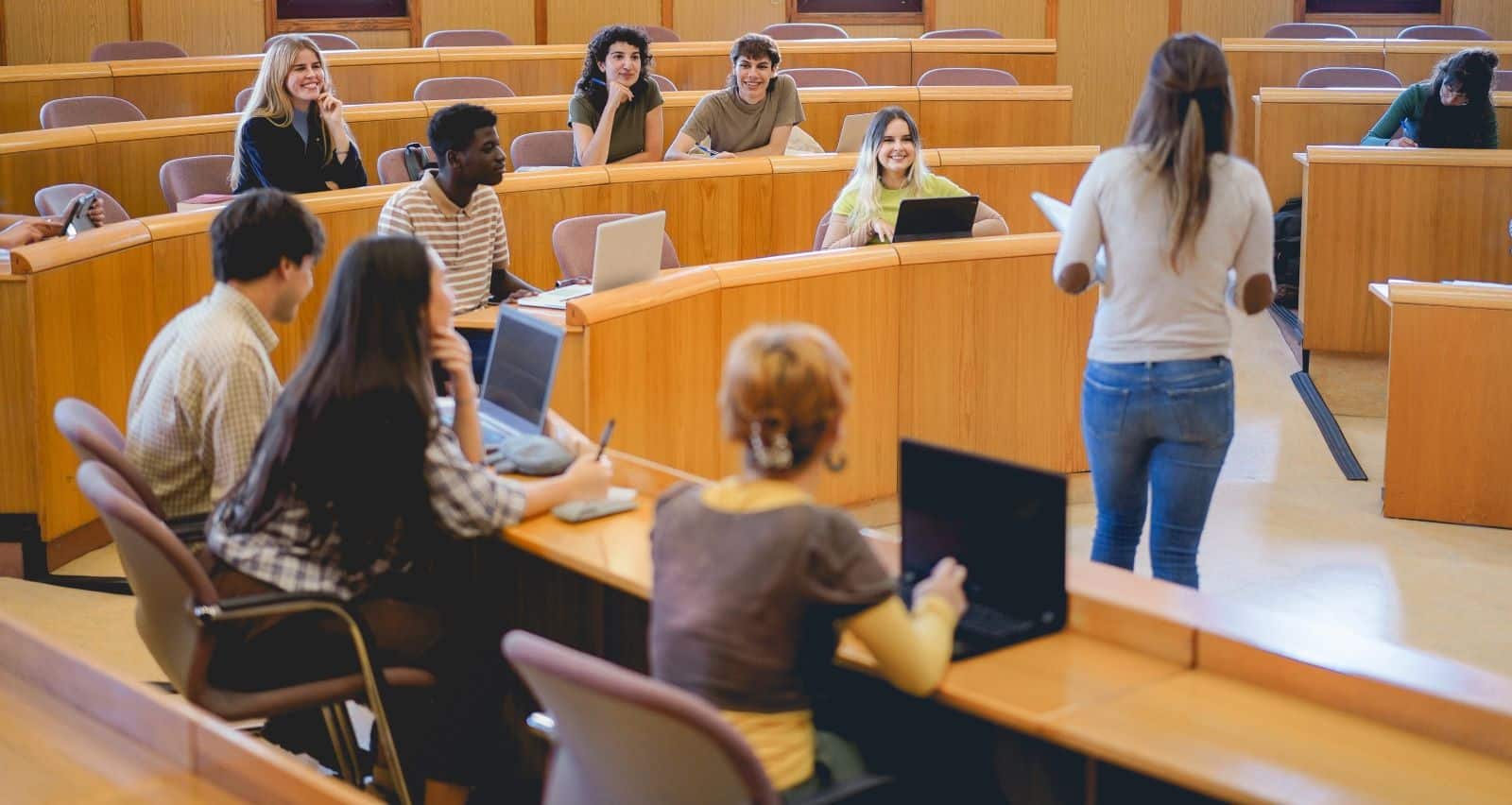
As America becomes more diverse, cultural clashes arise over issues of identity, integration, and acceptance. The controversy over critical race theory in schools reflects the tensions surrounding how race and history are taught and understood in America.
Housing Inequality

Redlining and discriminatory housing practices have left lasting impacts on minority communities, contributing to segregation and economic disparities. The affordable housing crisis disproportionately affects African Americans and Latinos, limiting their access to quality neighborhoods and schools.
Racial Profiling
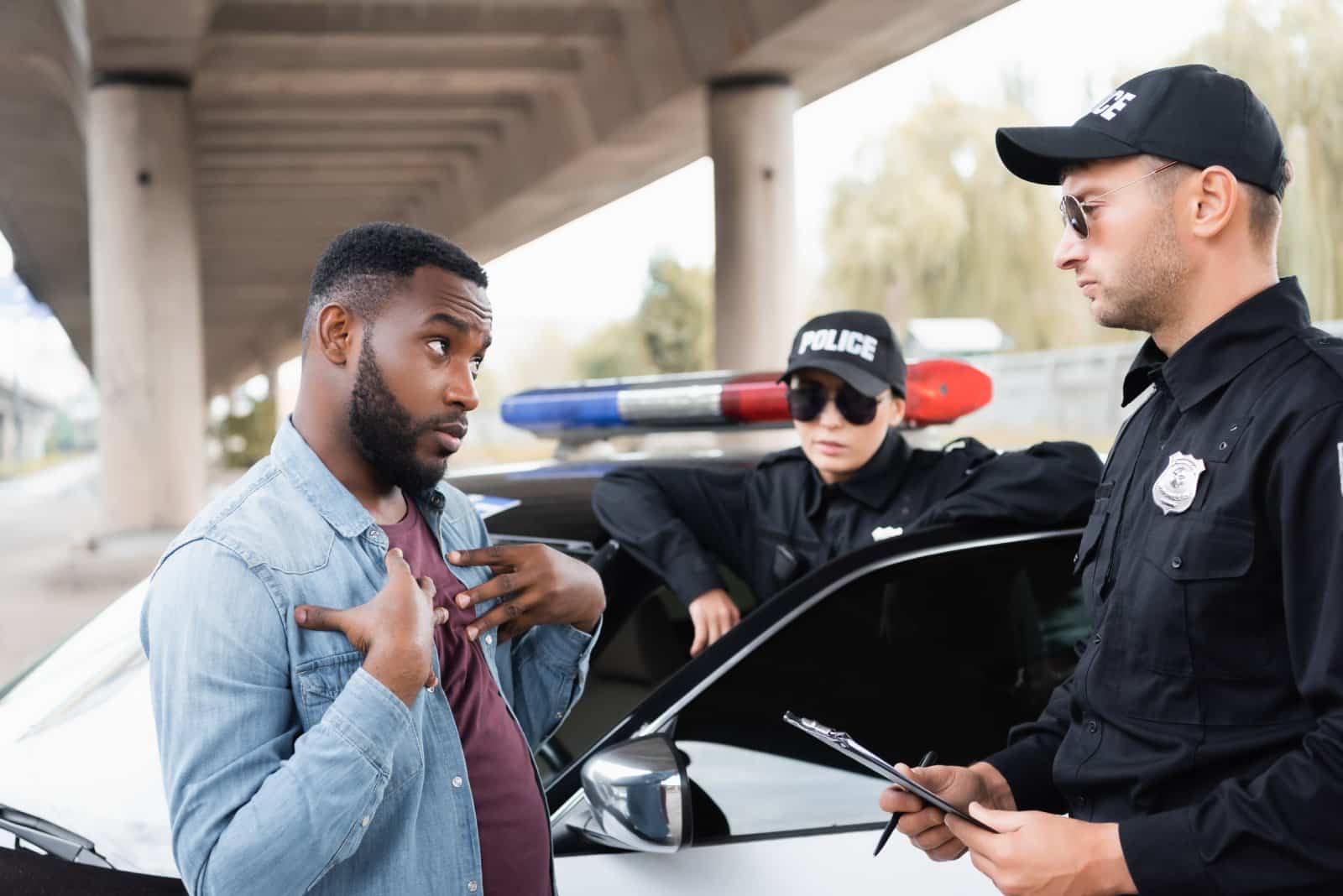
Racial profiling remains a pervasive issue, affecting how minorities are perceived and treated in everyday situations. “Stereotypes have real consequences for those who are subjected to them,” notes sociologist Claude Steele. Incidents like the wrongful arrest of Black shopper D’Monterrio Gibson in Mississippi underline the persistence of racial profiling.
Dividing the Nation
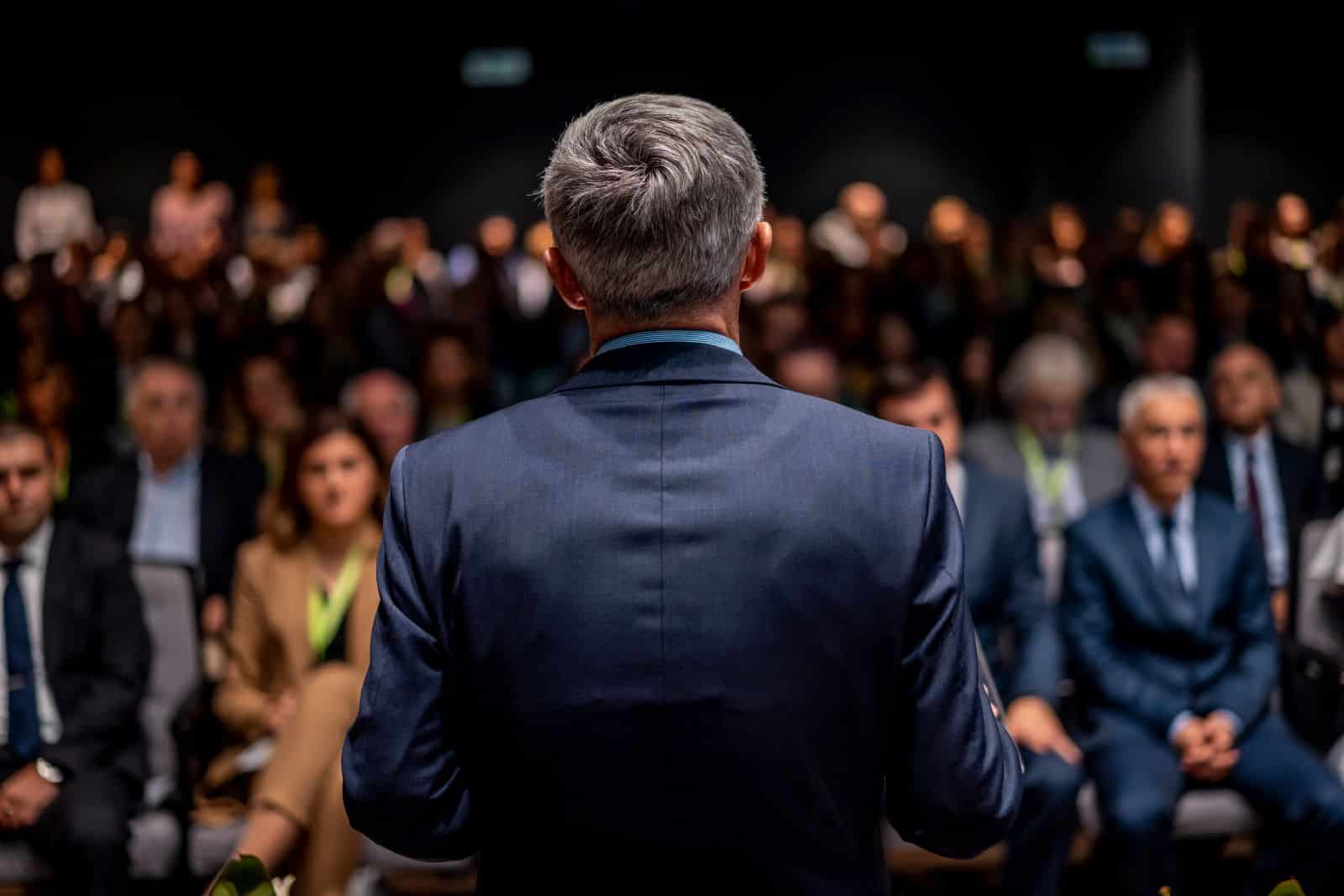
Racial issues often become entangled in political debates, further polarizing the nation and hindering progress toward unity. The recent debates over police reform and voting rights illustrate how racial issues can deepen political divides.
Protests
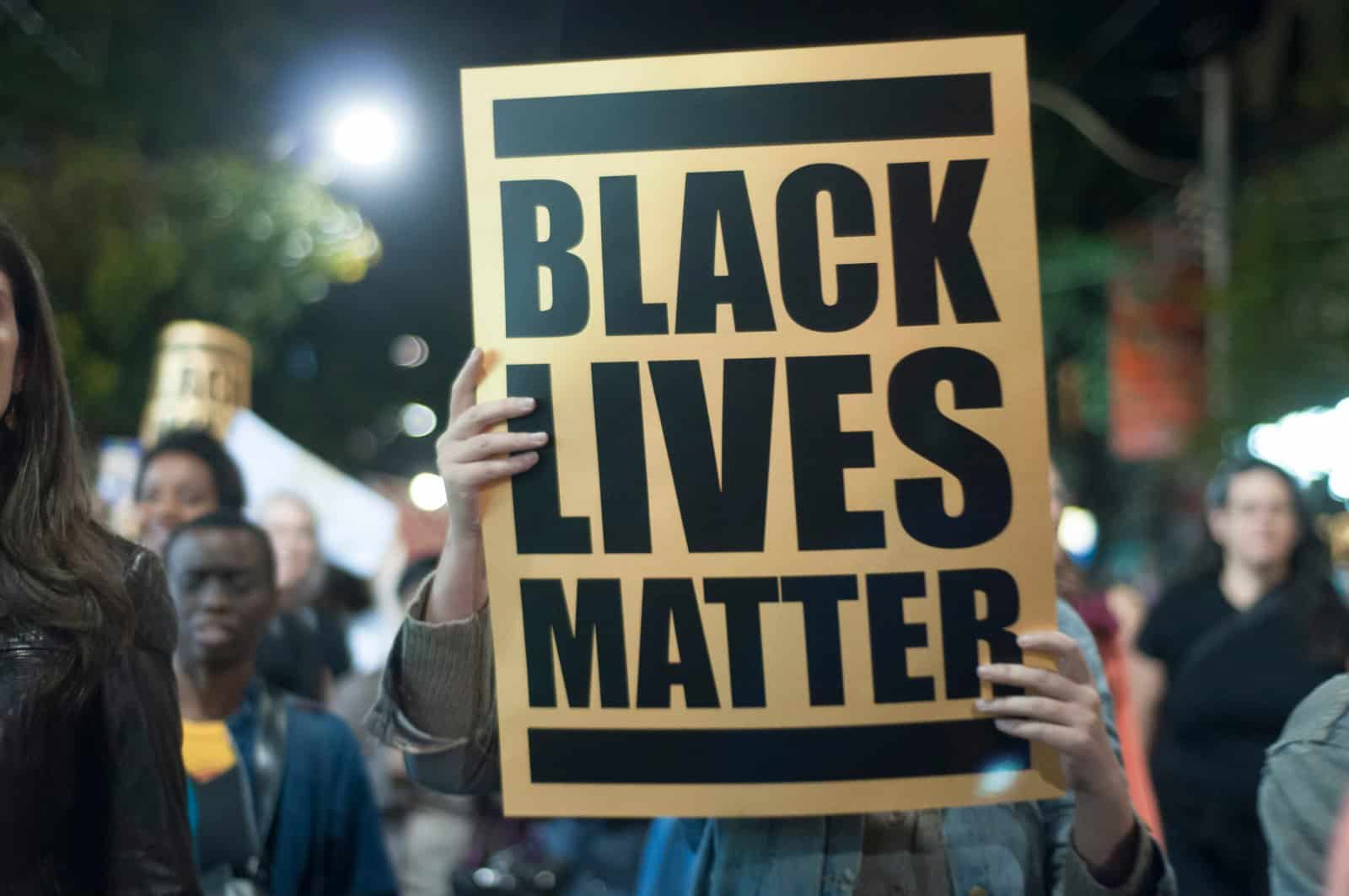
Protest movements like Black Lives Matter have brought attention to racial injustices and mobilized communities across the country. “Protests are a way for marginalized voices to be heard,” asserts activist Patrisse Cullors. The resurgence of protests in 2020 following George Floyd’s death marked a pivotal moment in the fight for racial equality.
Racial Identity
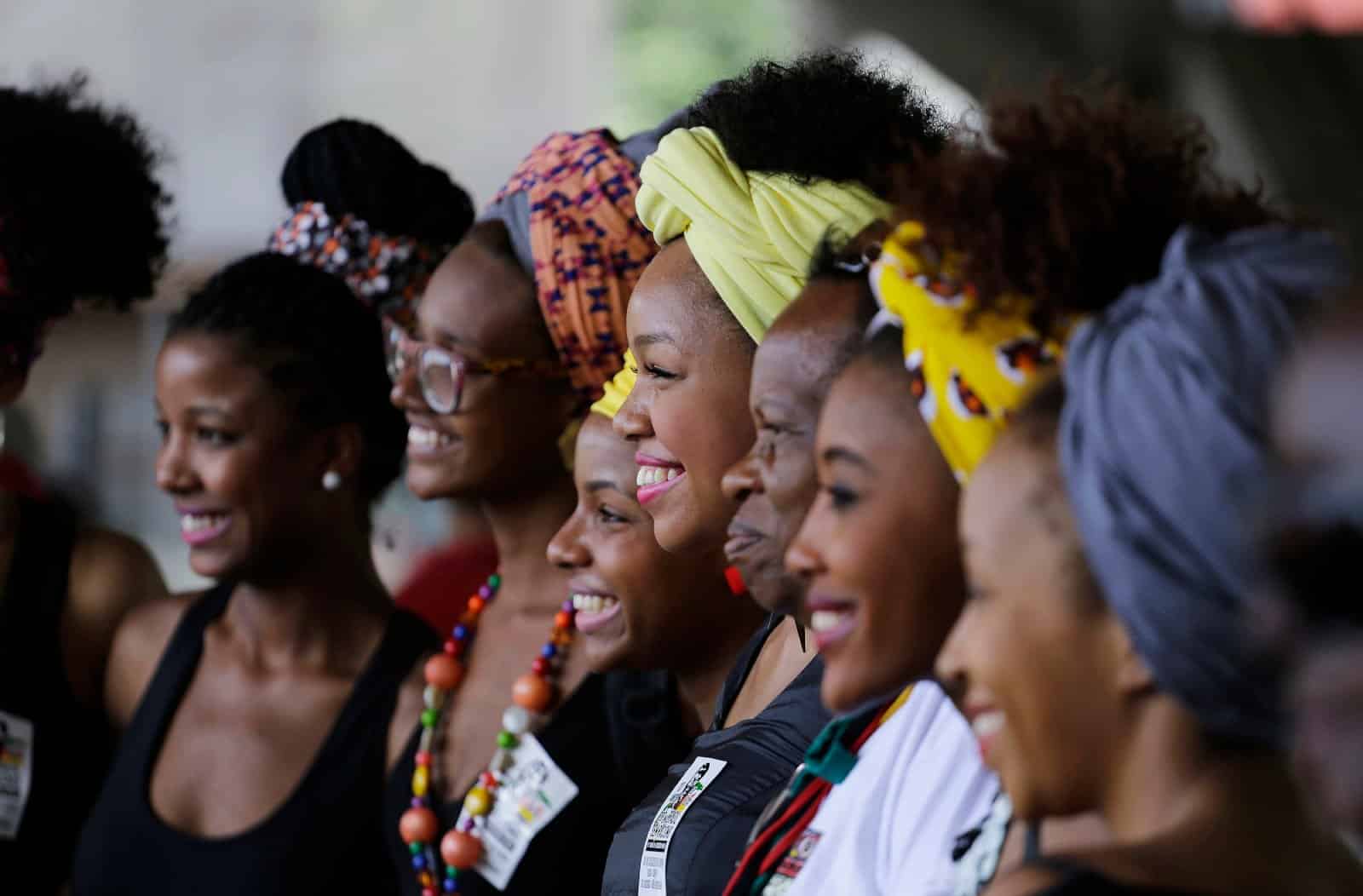
The concept of racial identity is complex and multifaceted, influencing how individuals perceive themselves and others. Recent events have sparked conversations about racial identity, with many grappling with questions of privilege and allyship.
Education and Awareness

Promoting education and awareness about racial issues is essential for fostering empathy and understanding. Efforts to include diverse perspectives in curricula are gaining traction, with schools introducing programs aimed at teaching about systemic racism.
Corporate Responsibility

Corporations are increasingly being held accountable for their roles in addressing racial inequality, with many committing to diversity and inclusion initiatives. The business sector’s response to racial tensions reflects a broader shift toward social responsibility.
Legal Battles
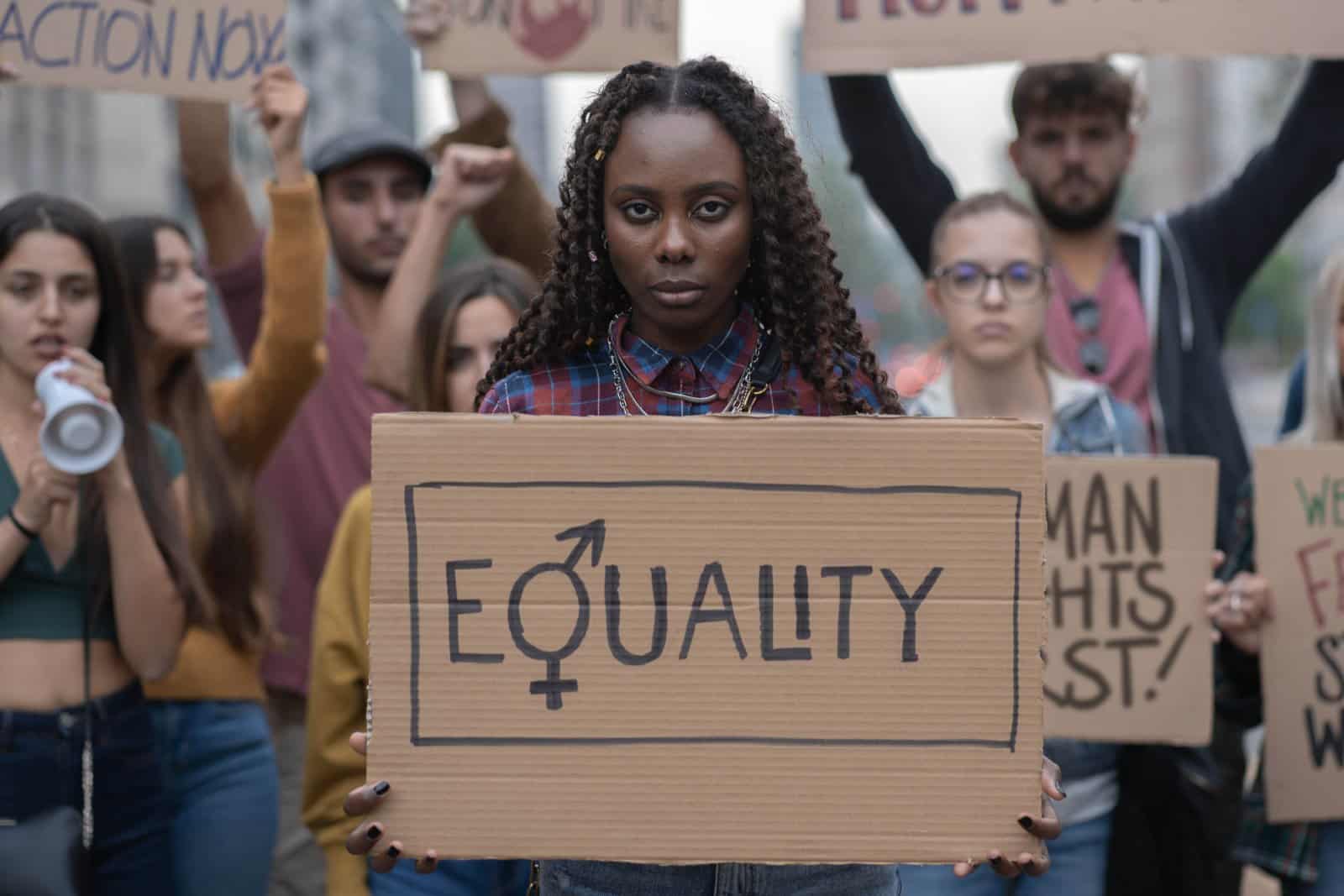
Legal battles continue to be waged in the courts, challenging discriminatory practices and seeking justice for victims of racial injustice. Cases like Brown v. Board of Education remind us of the legal system’s role in shaping race relations and the ongoing fight for civil rights.
The Path Forward
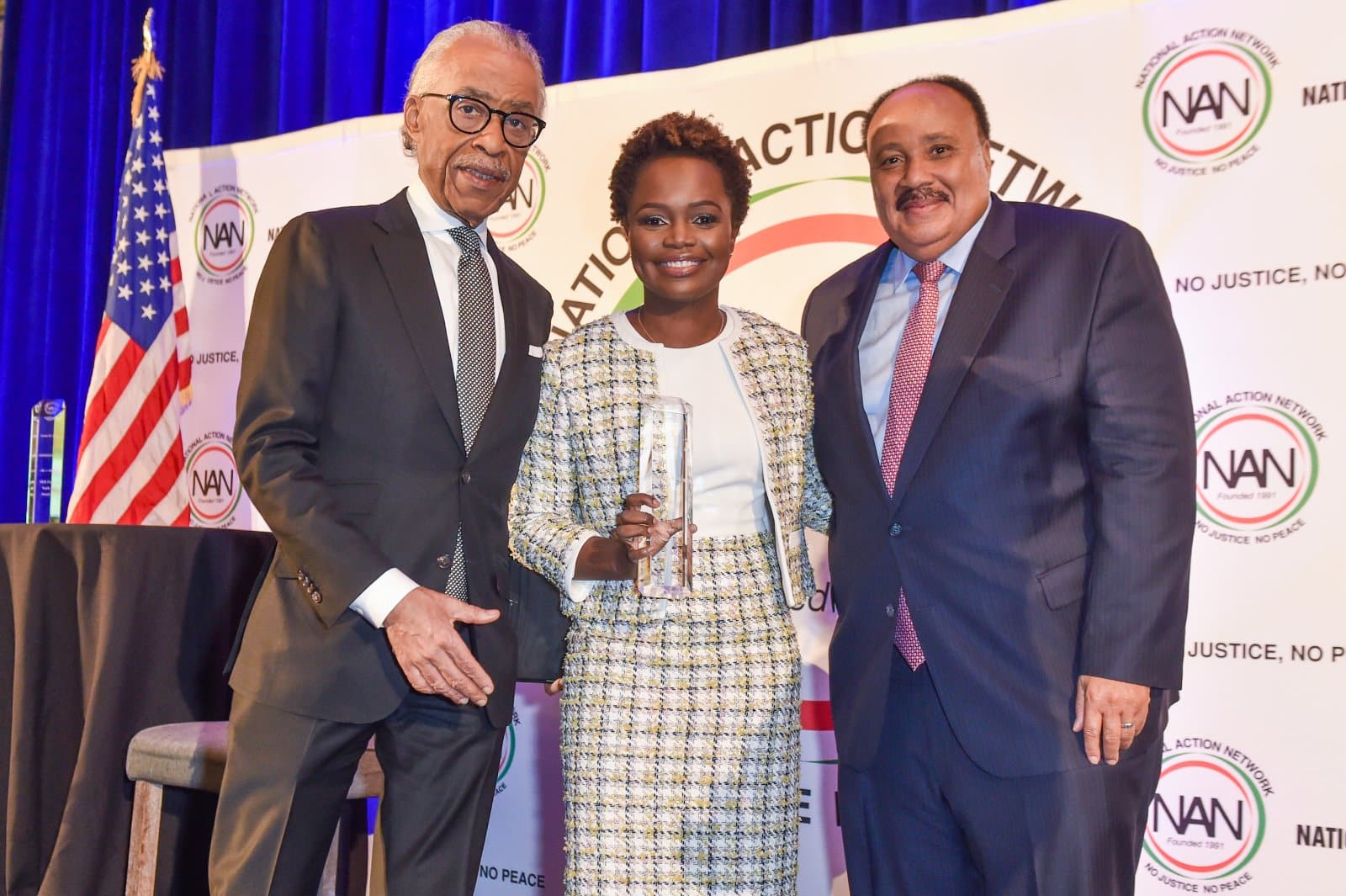
Addressing racial tensions requires policy changes, community engagement, and individual action. “We must work together to build a more equitable society,” urges civil rights leader Rev. Al Sharpton.
21 Beliefs About the Bible That Are Actually False

The Bible is one of the most discussed and debated books in history, yet many common beliefs about it are more myth than fact. How many of these misconceptions have you heard before? 21 Beliefs About the Bible That Are Actually False
21 Subtle Racisms That Are Commonplace in America

Racism in America isn’t always overt; it often hides in plain sight through subtle actions and attitudes. How many of these subtle racisms have you noticed around you? 21 Subtle Racisms That Are Commonplace in America
Only Legal in America: 21 Things You CAN’T Do in the Rest of the World
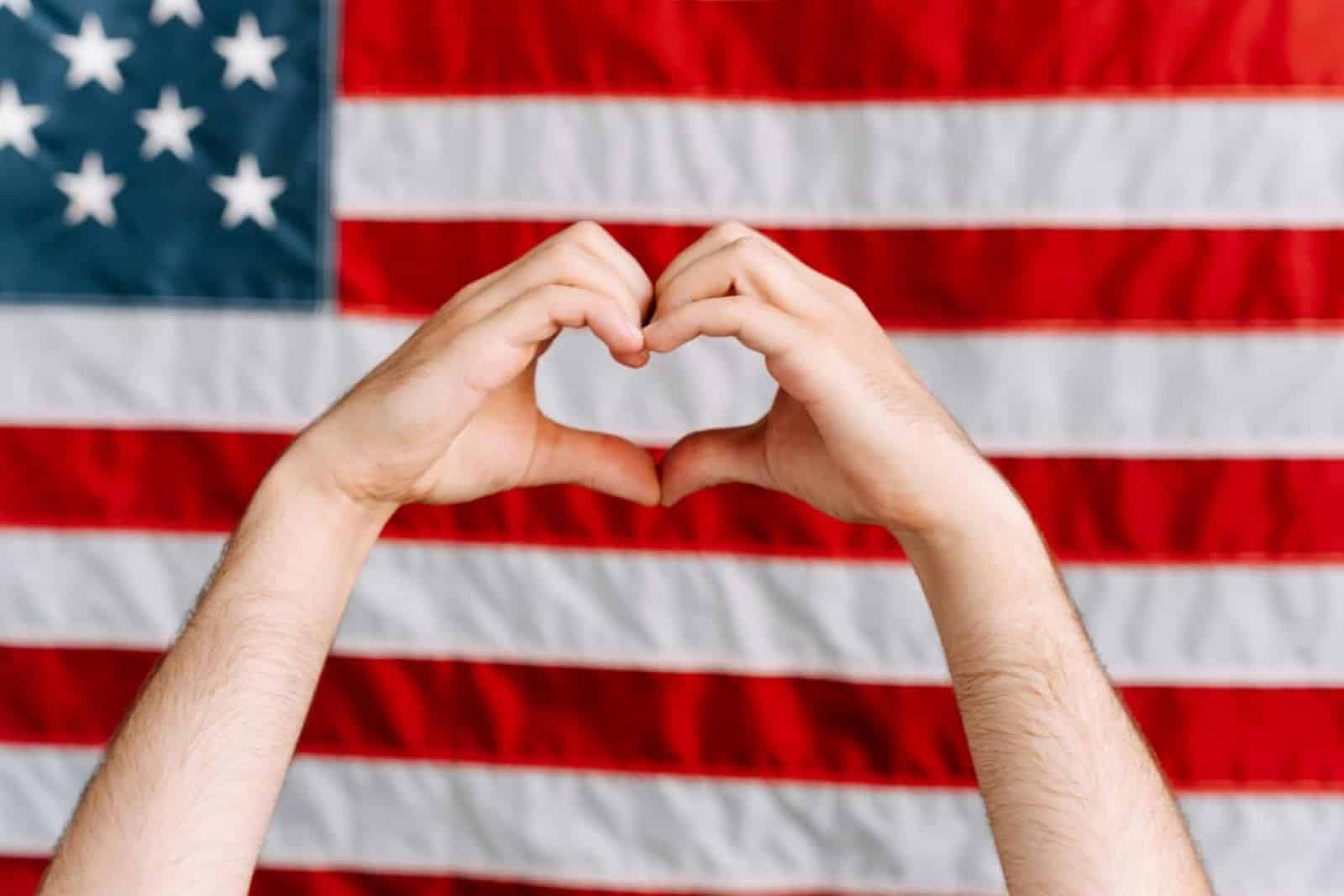
The U.S. dances to its own beat, especially when it comes to laws that make the rest of the world do a double-take. Here’s a lineup of things that scream “Only in America,” sticking strictly to what’s written in the law books. Ready for a tour through the American legal landscape that’ll leave you wondering if freedom might just be a bit too free? Only Legal in America: 21 Things You CAN’T Do in the Rest of the World
Featured Image Credit: Pexel / Lee chinyama.
For transparency, this content was partly developed with AI assistance and carefully curated by an experienced editor to be informative and ensure accuracy.

